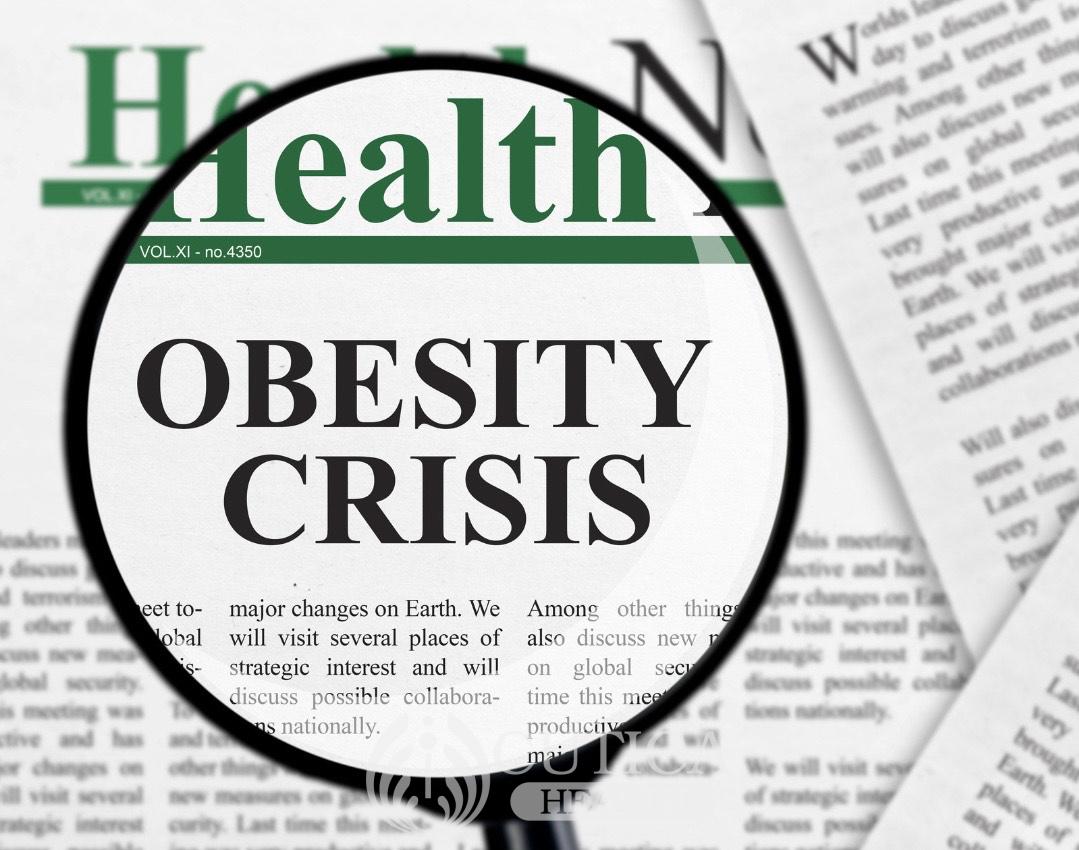
“Have you heard, Tamilore? Jackie was eating peanuts with us, and suddenly her lips blew up, swollen and red, and she was almost choking. Just as we went to call our neighbour Dr. Mike, we saw terribly ugly red, rashes all over her skin; it was the sight of a horror movie”
Food allergy is more common than we think. For some reasons, many people react to specific foods or drinks. Food allergy is often discovered in childhood but may not be discovered till adulthood in some people.
Food allergy should not be confused with food intolerance, which often does not involve the immune system and presents with vomiting and passage of watery stools following consumption of the food.
Common symptoms of food allergy include:
- Swelling of the lips, face, tongue, and throat
- Difficulty breathing and nasal congestion
- Dizziness or light headedness
- Intensely itchy rashes
- Tingling around the mouth

Food allergy, in some people, could present with a severe allergic reaction called anaphylaxis, which may cause death if not treated early. Symptoms of anaphylaxis include:
- Airway tightening, causing severe shortness of breath
- Sudden and severe drop in blood pressure
- Fast heart rate
- Loss of consciousness
What causes food allergy?
Food allergy occurs when the immune system reacts adversely to a food item. During food allergy, the body releases a chemical called histamine that causes the allergy symptoms.
Some foods that trigger allergies include:
- Seafood, such as fish, lobster, crabs, and shrimps
- Nuts, including peanuts
- Chicken eggs
- Soy
- Wheat
- Cow’s milk
The reasons why some people have allergies to food that others consume without a hassle include:
- Family history: You are more likely to have allergies to a food item if a family member of yours has food allergy or other forms of allergy, such as hay fever and eczema.
- Age: Food allergies are more common in children and may often disappear as one grows older
- Other allergies: If you already have other allergic conditions, including hay fever and allergic skin, you may be at risk of food allergy

Prevention and Treatment of Food Allergy
There are medicines that could reverse even the most life-threatening of allergy symptoms, though it is better for people with food allergy to avoid food items know to trigger their allergic reactions. Treatment of food allergy includes:
- Oral anti-histamines for minor allergic reactions
- Adrenaline injections for severe allergic reactions and anaphylaxis. Many people with severe allergies carry around a device, called EpiPen, to inject adrenaline in these situations.
The key to managing food allergy is avoiding the inciting food(s). This can be achieved by reading food labels carefully, wearing a medical bracelet that shows that you have allergies to specific food(s), and notifying key people about it so they know what to do when your symptoms occur.












